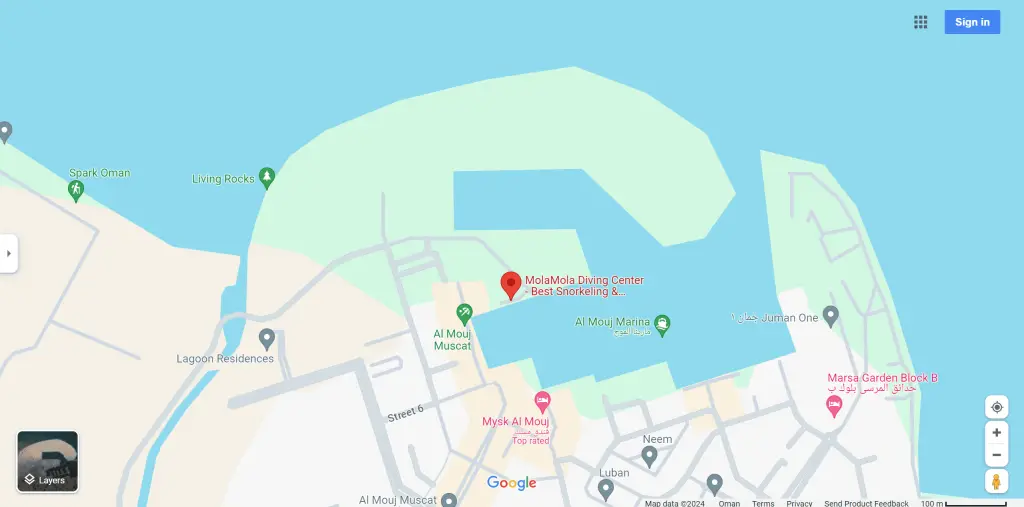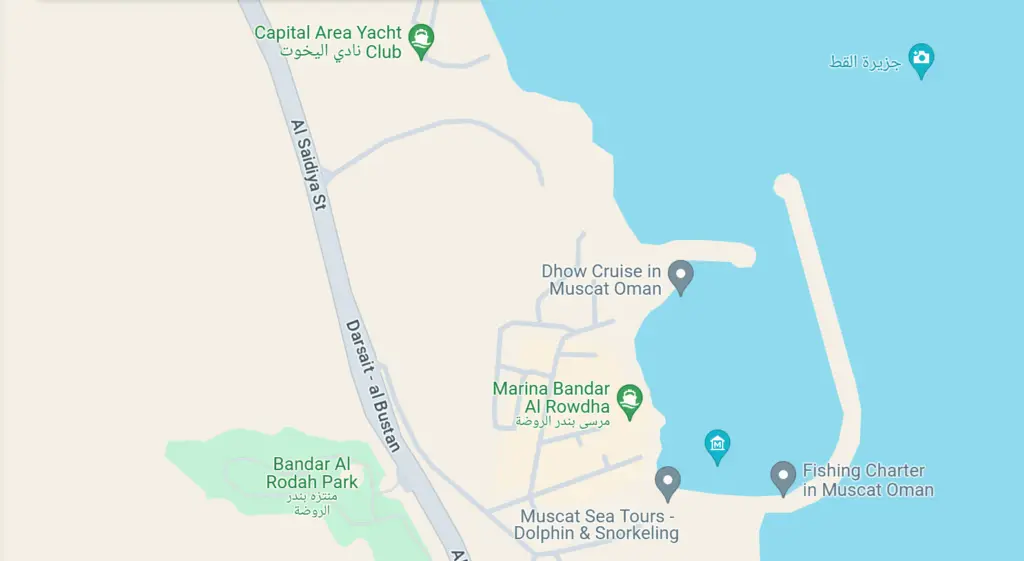You are likely to get one of these two reactions when you tell someone that you are a scuba diver. First, if the person is also a diver, then they will appreciate you and you will have a new dive buddy probably. Secondly, if they are not a diver, then they will scare you by telling you about bloodthirsty sharks and how dangerous the ocean is. A number of outdated ideas and incorrect information are circulating out there. That’s why, to put an end to all that, we present here a list of the most common scuba diving misconceptions.
Myth #1 You should dive deep to see anything interesting
Absolutely not! By staying within 18 meters, one can witness the colorful and brighter marine world. The water is warmer here and the breathing gas lasts longer. However, there are some divers who love exploring the deep ocean. It’s completely your choice how deep you want to go as it is not mandatory.
Myth #2 Scuba diving is dangerous
If you are careless, then even activities like cycling, snowboarding, and running can be dangerous. There are certain do’s and don’ts of scuba diving that you are taught during your PADI Open Water Diver certification course. Most non-divers think that the ocean is dangerous because of sharks. However, the fact is that there are so many creatures more dangerous than sharks including dogs, cows, etc.
Myth #3 Scuba diving is costly
Like learning any other outdoor activity, there is some cost involved in becoming a certified scuba diver as well. Tuition for an Open Water Diver Course (6-8 hours of pool practice and four dives with an instructor) costs the same as the following:
- 4 private yoga lessons
- a weekend of kayaking lessons
- a weekend of fly-fishing lessons
- a weekend of rock climbing lessons
- about 3 hours of private golf lessons
- about 3 hours of private water skiing lessons
The best thing is that PADI scuba certification is for your entire life. It is your choice to level up to new adventures with a PADI instructor or explore the ocean with a buddy at your convenience. In case you haven’t dived for a long time, then take PADI’s ReActivate Scuba Refresher program in order to restore any skills that you may have forgotten.
Myth #4 Being an expert swimmer is mandatory for scuba diving
If you are a beginner, you will see that vigorous swimming causes short dive times. On the other hand, experienced divers are relaxed. They rarely use their arms and kick with slow strokes. This is basically the opposite of what a competitive swimmer would do.
You just need to have the basic skills to become a scuba diver. This involves the ability to:
- Float or tread water for 10 minutes- Without using any floatation aids, lie on your back, on your front, tread water, dog paddle, or anything else.
- Swim 200 metres/yards (or 300 metres/yards in mask, fins and snorkel) continuously. You can use any swimming strokes you want. Also, there is no time limit.
Anyone can become an underwater explorer by pursuing a scuba diving education. Adaptive techniques allow individuals with physical challenges to scuba dive. There are many people with paraplegia, amputations, or other challenges who have earned a PADI Open Water Diver certification.
Myth #5 You have to take the class with someone
You can sign up for a scuba class without a partner. Of course, diving with another person is more fun and safer. But it is not mandatory. If you are lucky, then you will have lifelong friends with whom you start out as a randomly-assigned dive buddy.



